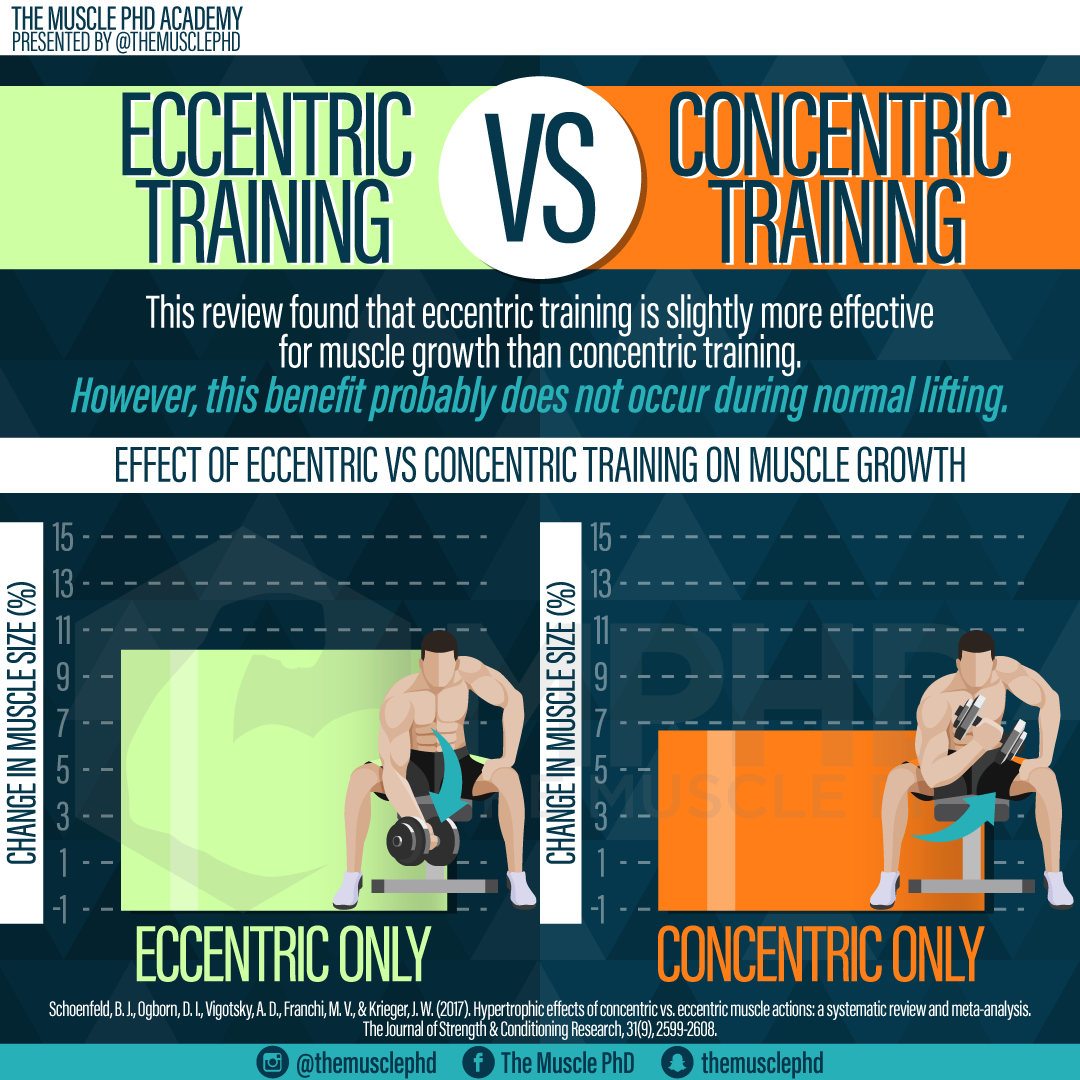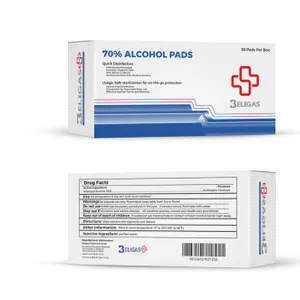
The Role of Human Growth Hormone in Anti-Aging: Miracle or Myth?
Human Growth Hormone (HGH) is a peptide hormone that is crucial for growth, development, and overall health in humans. Produced by the pituitary gland, it plays a key role in regulating body composition, muscle growth, and metabolism. While HGH is essential during childhood and adolescence, its significance does not diminish in adulthood.
What is Human Growth Hormone?
HGH is a hormone that stimulates growth, cell reproduction, and cell regeneration in humans. It is involved in various body functions, including:
-
- Promoting the growth of bones and cartilage.
-
- Assisting in muscle growth and repair.
-
- Regulating body fluids and electrolyte balance.
-
- Influencing sugar and fat metabolism.
-
- Enhancing cognitive function and mood regulation.
HGH is vital for childhood development, but it continues to have a role in numerous physical processes throughout life. After reaching adulthood, HGH levels typically decline, which can contribute to signs of aging, such as decreased muscle mass, increased body fat, and reduced energy levels.
How is HGH Produced?
The pituitary gland, situated at the base of the brain, is responsible for the production of HGH. Secretion occurs in a pulsatile manner, with levels peaking during sleep and physical activity. The production of HGH is influenced by various factors, including:
-
- Age: HGH levels are highest during childhood and adolescence, gradually declining with age.
-
- Sleep: Deep sleep stages are crucial for HGH secretion.
-
- Exercise: Physical activity stimulates the release of HGH.
-
- Nutrition: Adequate protein consumption and exercise can boost HGH levels.
Benefits of HGH
HGH has garnered interest for its potential benefits, especially in the realms of fitness and anti-aging. Some of the purported benefits include:
-
- Muscle Growth: Many athletes and bodybuilders use HGH for its muscle-enhancing properties, claiming it helps in muscle recovery and growth.
-
- Fat Loss: Some studies suggest that HGH may aid in reducing body fat, particularly visceral fat.
-
- Improved Recovery: HGH may facilitate quicker recovery from injuries and enhance overall physical performance.
-
- Skin Health: Some proponents advocate that HGH can improve skin elasticity, reduce wrinkles, and promote a youthful appearance.
-
- Cognitive Function: There is ongoing research into the effects of HGH on cognitive function and mood enhancement.
HGH Deficiency
An HGH deficiency can lead to several health issues, particularly in children. In children, this deficiency can result in stunted growth and delayed physical development. In adults, a deficiency may lead to:
-
- Increased body fat, particularly around the abdomen.
-
- Decreased muscle mass and strength.
-
- Reduced energy levels.
-
- Depression or anxiety.
-
- Decreased bone density, leading to osteoporosis.
Individuals experiencing symptoms of HGH deficiency may benefit from HGH therapy, which involves the administration of synthetic human growth hormone. This therapy can restore hormone levels and improve overall health and vitality.
Risks and Side Effects of HGH Therapy
While HGH therapy can offer benefits for those with a deficiency, it is not without risks. Potential side effects may include:
-
- Joint pain or swelling.
-
- Increased insulin resistance and the risk of diabetes.
-
- Elevation of cholesterol levels.
-
- Potential for tumors or cancer cell growth, particularly in those with pre-existing conditions.
-
- Condition known as acromegaly, where bone and tissue growth become abnormal.
For these reasons, HGH therapy should only be undertaken under the supervision of a healthcare provider, ideally an endocrinologist who specializes in hormone therapy.
HGH in Sports and Fitness
HGH has gained notoriety in the sports world, particularly among athletes seeking a competitive edge. Due to its muscle-building and fat-loss abilities, athletes may utilize HGH as a performance-enhancing drug. However, this practice is controversial, not to mention illegal in many sports organizations.
The World Anti-Doping Agency (WADA) prohibits the use of HGH in sports, and athletes caught using it may face severe penalties. Furthermore, the health risks associated with HGH abuse can outweigh the potential benefits. Thus, the use of HGH in sports remains a contentious issue that raises ethical and health concerns.
HGH Supplements and Alternatives
Many products on the market claim to boost HGH levels, including supplements, sprays, and pills. However, the effectiveness of these products is largely debatable. Most over-the-counter HGH supplements do not contain actual HGH but may include amino acids that purportedly stimulate its production.
-
- Amino Acids: Some research suggests that amino acid supplementation may enhance HGH levels when paired with exercise.
-
- Sleep Optimization: Ensuring adequate sleep may improve natural HGH secretion, as most release occurs during deep sleep.
-
- Exercise: Engaging in high-intensity workouts or resistance training can stimulate the natural production of HGH.
Before considering supplementation or alternatives, it is crucial to consult with a healthcare professional to assess individual health conditions and treatment options.
Conclusion
Human Growth Hormone is a vital hormone that plays an essential role in growth, development, and overall health. While synthetic HGH therapy can be beneficial for those with deficiencies, it is not without risks and side effects. The pursuit of HGH for anti-aging and performance enhancement purposes raises ethical concerns and potential health implications. As with all hormonal therapies, it is vital to approach HGH with caution, ideally under the guidance of a qualified healthcare provider.
FAQs
What is Human Growth Hormone used for?
Human Growth Hormone is used to stimulate growth and cell regeneration, particularly in children with growth disorders. In adults, it may be used to treat hormone deficiencies and certain conditions leading to muscle wasting.
Can I increase HGH levels naturally?
Yes, you can increase HGH levels naturally by engaging in high-intensity exercise, ensuring adequate sleep, and consuming a balanced diet with sufficient protein.
What are the side effects of HGH therapy?
Possible side effects include joint pain, increased insulin resistance, and the risk of developing diabetes or acromegaly.
Is HGH legal for sports?
No, Human Growth Hormone is prohibited in competitive sports by organizations like WADA. Athletes caught using it may face significant penalties.
Where can I learn more about Human Growth Hormone?
For more information, you can visit the following links:
Human Growth Hormone (HGH), scientifically known as somatotropin, is a peptide hormone produced by the pituitary gland. It plays a crucial role in growth, cell repair, and metabolism. HGH stimulates growth in childhood and adolescence, influencing the development of bones and muscles. It is also involved in various metabolic processes, including the breakdown of fats and the regulation of glucose levels in the blood. As individuals age, the natural production of HGH decreases, leading to various changes in body composition, muscle mass, and energy levels.
One of the most significant roles of HGH is in promoting tissue growth and regeneration. It stimulates the liver to produce insulin-like growth factor 1 (IGF-1), which mediates many of the anabolic effects of HGH. This interaction promotes growth and development at the cellular level, making HGH particularly vital during childhood. In adults, it facilitates the maintenance of muscle mass, bone density, and overall body composition. As a result, many athletes and bodybuilders have turned to HGH as a performance-enhancing substance, often misusing it to achieve desired physical results.
Despite its beneficial effects, the use of HGH must be approached with caution, particularly in non-medical settings. While it is legally prescribed to treat specific medical conditions such as growth hormone deficiency, Turner syndrome, and chronic kidney disease, the misuse of HGH for anti-aging, bodybuilding, or athletic enhancement can lead to adverse effects. These may include joint pain, swelling, insulin resistance, and increased risk of diabetes. Additionally, the long-term effects of unregulated HGH use remain unclear, raising ethical concerns regarding its use among healthy individuals seeking performance improvements.
Regulation of HGH varies widely across countries and organizations. In many places, it is classified as a controlled substance due to its potential for abuse and associated health risks. Professional sports organizations, such as the World Anti-Doping Agency (WADA), have banned its use in competitive settings, implementing rigorous testing protocols to identify athletes who may be using it illegally. This has fostered a significant underground market for HGH, making it challenging to ensure purity and safety for individuals who may choose to obtain it through unregulated channels.
Emerging research is investigating the potential therapeutic benefits of HGH in various areas, including age-related conditions, obesity, and muscle-wasting disorders. Some studies suggest that HGH may help improve quality of life, cognitive function, and exercise capacity in older adults, raising interest in its potential as an anti-aging treatment. However, the implications of such use continue to be debated within the scientific community. Consequently, while the allure of HGH’s potential benefits persists, it necessitates a thorough understanding of its physiological roles and the associated risks, highlighting the importance of consulting healthcare professionals before considering hormone therapy.










































